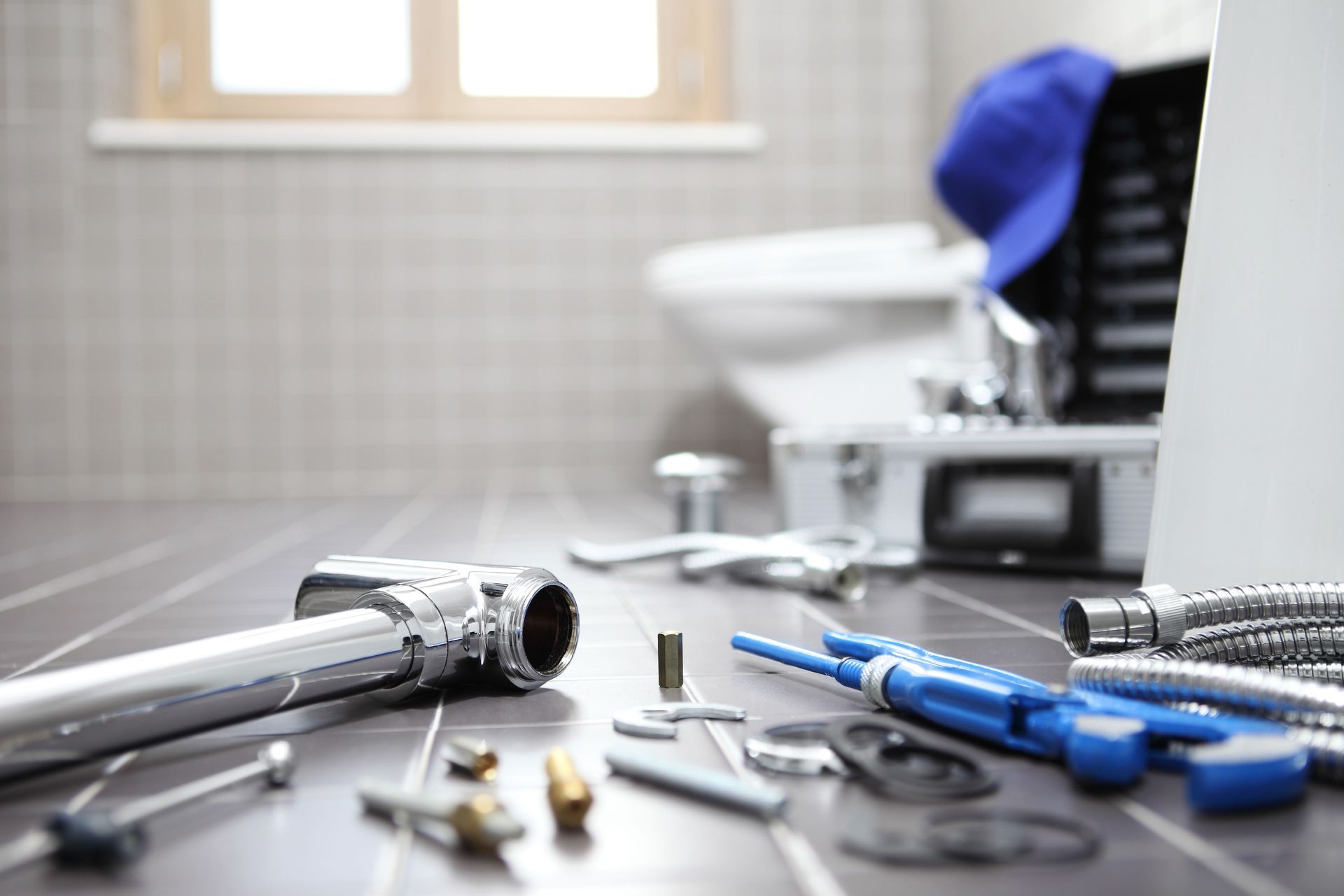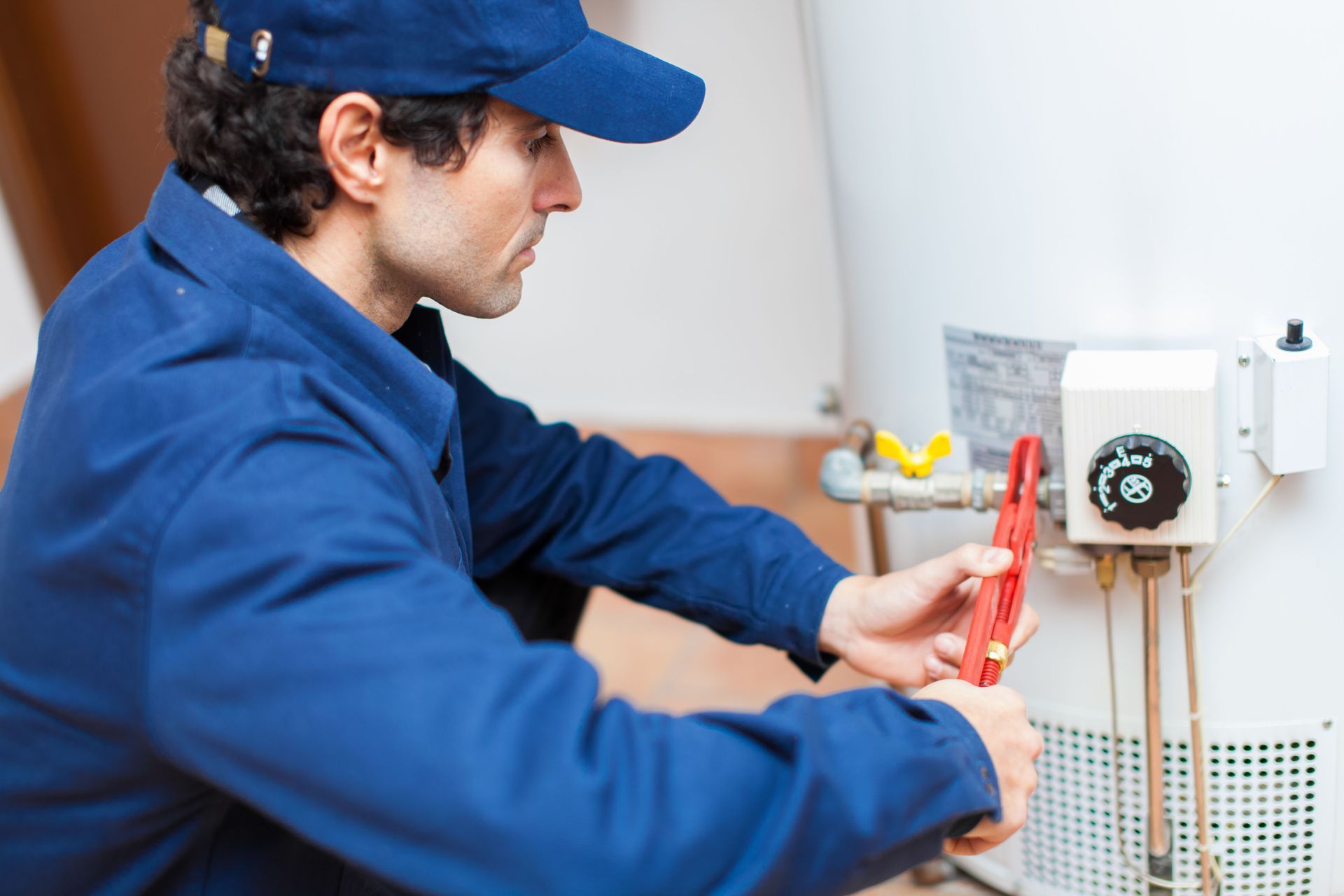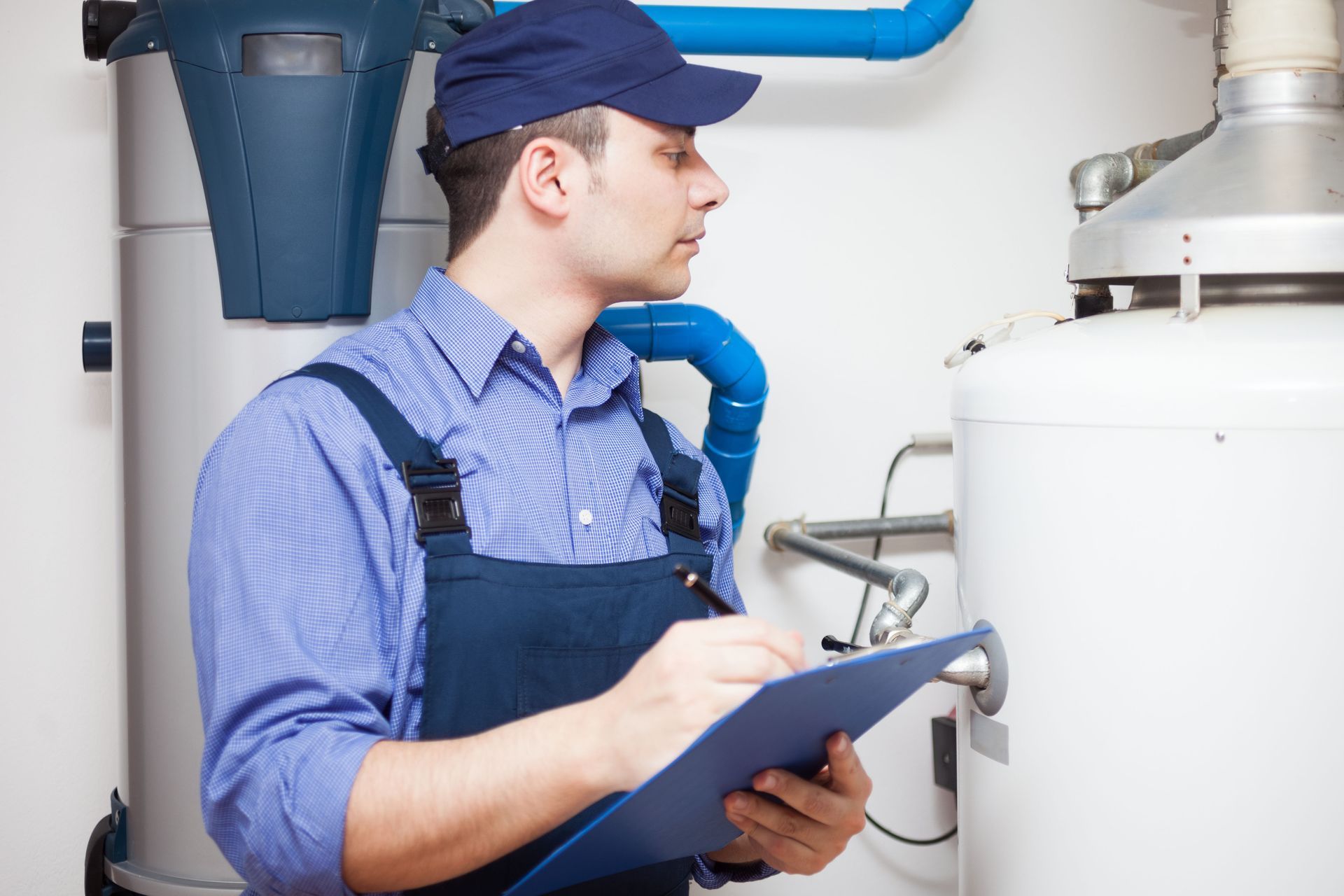8 Tips for Planning for Water Heater Replacements
Replacing your water heater is a daunting task that involves considerable planning. The last thing you want is for your water heater to fail unexpectedly, leaving you without a hot shower or running water. By being proactive and planning for water heater replacements, you can save both time and money. Here are eight tips to help you prepare for this essential home improvement project.
1. Assess Your Current Water Heater
The first step in planning water heater replacements is assessing your current unit. Pay close attention to its age; most water heaters last between eight and 12 years, according to Bob Vila. If your unit is approaching or has surpassed this age range, it may be time to consider a replacement. Listen for any strange noises or check for visible leaks around your current water heater, as these are signs that it's on its last legs.
2. Research Different Types of Water Heaters
Various water heaters, including tankless, solar, and conventional tank models, are available on the market. Each type has its own set of advantages and disadvantages. For example, tankless water heaters are energy-efficient and space-saving, but they often come with a higher initial cost. Learning about the different options will help you make an informed decision that best suits your household's needs and budget when planning for water heater replacements.
3. Budget for the Replacement
One of the most critical steps in planning for water heater replacements is budgeting. According to Forbes, the average replacement cost is $2,000, ranging from $825 to $6,100. These costs can vary depending on the type of water heater, labor, and additional installation requirements, such as plumbing or electrical modifications. Get multiple quotes from reputable contractors to ensure you get the best deal.
4. Consider Energy Efficiency
When selecting a new water heater, consider its energy efficiency rating. An energy-efficient unit may have a higher upfront cost, but it will save you money on utility bills in the long run. Look for units with the Energy Star label, as these have been tested and proven to meet strict energy-saving criteria. Additionally, some local utility companies offer rebates for installing energy-efficient water heaters, which can further offset the cost of water heater replacements.
5. Plan for Installation Day
Preparation is key to a smooth installation process. Before the scheduled installation day, clear the area around your current water heater to give the technician easy access. Make arrangements for water shut-off, and ensure any necessary permits have been obtained if required by your local municipality. Being well-prepared will help the installation go smoothly and minimize disruption to your household during your water heater replacements.
6. Schedule Regular Maintenance
Regular maintenance is essential to ensure its longevity and optimal performance once your new water heater is installed. Schedule annual check-ups with a professional to inspect the unit, flush out sediment, and check for potential issues. Regular maintenance can prevent costly repairs and extend the lifespan of your water heater, providing you with peace of mind and consistent hot water.
7. Evaluate Your Water Quality
Evaluating your water quality is also a good idea before installing a new water heater. Hard water can lead to sediment buildup and affect the efficiency of your water heater. If your area has hard water, consider investing in a water softener or a water heater with a built-in filtration system. This can enhance the performance and longevity of your new unit, ensuring you get the best return on your investment with water heater replacements.
8. Explore Warranty Options
Finally, take the time to explore warranty options for your new water heater. Most manufacturers offer warranties that cover parts and, in some cases, labor. Understanding the warranty terms will help you make an informed decision and provide protection in case of future issues. Be sure to register your water heater with the manufacturer and keep all warranty documents in a safe place for easy access.
Planning for water heater replacements doesn't have to be a stressful ordeal. By assessing your current unit, researching different types, budgeting adequately, considering energy efficiency, planning for installation day, scheduling regular maintenance, evaluating your water quality, and exploring warranty options, you can ensure a seamless transition to your new water heater. If it's time for a water heater replacement in your home, call our team at Quick Quality Plumbing today!




Share On: